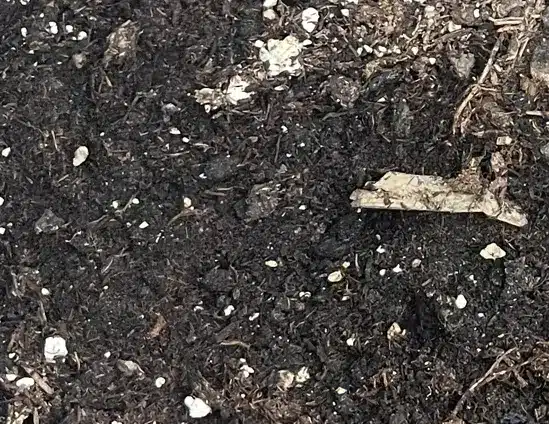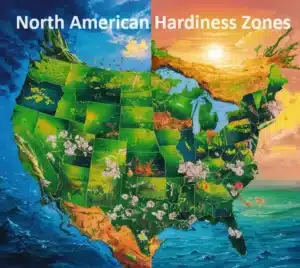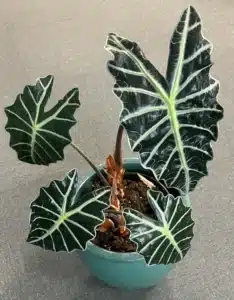

What is Soil Conditioner?
Soil conditioner can be a wonderful tool to potentially enhance the whole garden. This transformative substance can improve your soil in multiple ways such as improving the soil structure, aeration, and ability to retain water, affecting the soil pH and functioning as a fertilizer.
This magical blend also boosts microbial activity, creating a bustling community beneath the surface that supports plant health and growth.
Different Types of Soil Conditioner
Now, let’s have a look at some of the soil conditioners available. There’s the organic variety, such as:
-
Compost – a decomposed blend of kitchen scraps and yard waste, enhances soil structure, fertility, and water retention.
-
Worm castings enhances soil fertility, also full of beneficial microorganisms.
-
Vermiculite for increased water retention
-
Perlite provides aeration and moisture control.
-
Manure adds valuable nutrients to the soil, improving its overall health.
-
Peat Moss improves moisture retention and contributes to soil aeration.
-
Cover Crops are plants grown to cover and protect the soil, adding organic matter when incorporated.
-
Gypsum improves soil structure and drainage, especially in clay soils.
-
Coco Coir is made from coconut husks, it improves water retention and aeration.
-
Biochar is organic material that enhances nutrient retention and microbial activity in the soil.
Just to name a few.
Each type caters to specific plant needs, so choosing the right one is like selecting the perfect playlist for your green companions.
How Do You Use Soil Conditioner, and How Often?
Applying soil conditioner is usually an effortless process, making it an easy addition to your gardening routine. Simply sprinkle it on the soil surface, like seasoning on a dish. Mix it in gently, giving your plants a cozy bed to grow their roots. The frequency depends on your plant’s preferences, but a biannual application is like giving your garden a semi-annual spa retreat. Your plants will thank you with vibrant foliage and flourishing blooms.
How Do I Know Which Soil Conditioner Is Good for Me?
Choosing the right soil conditioner is akin to finding the perfect match on a dating app. Consider your plant’s needs – does it prefer a cozy, moisture-retaining environment or a well-ventilated, aerated home? Check the conditioner’s ingredients, ensuring they align with your green companion’s wishlist. Don’t hesitate to experiment and observe – your plants will express their happiness through robust growth and vibrant colors.
What is best, Soil conditioner or Compost?
The decision between soil conditioner and compost depends on your specific gardening objectives. If you’re aiming for enhanced soil structure, improved water retention, and increased aeration, a soil conditioner might be your go-to. On the flip side, if you’re focused on organic enrichment, promoting microbial activity, and recycling kitchen and yard waste, compost is a fantastic choice.
If your soil has the texture of heavy clay, you may need to add some gravel to make it a bit lighter and improve aeration. Or if your soil is too porous you can add some heavier soil to improve water retention and to fertilize your garden. For example, when growing cacti and succulents, you may want to alter the soil so it is not too heavy and water retaining. But rather increase aeration by mixing the soil with soil conditioners that improve drainage such as perlite, gravel or other light alternatives.
In conclusion, soil conditioner is the unsung hero of gardening. It transforms ordinary soil into a haven for happy plants, promoting growth, health, and overall well-being. Embrace the magic, choose wisely, and watch your garden flourish into a botanical paradise. Happy gardening!



